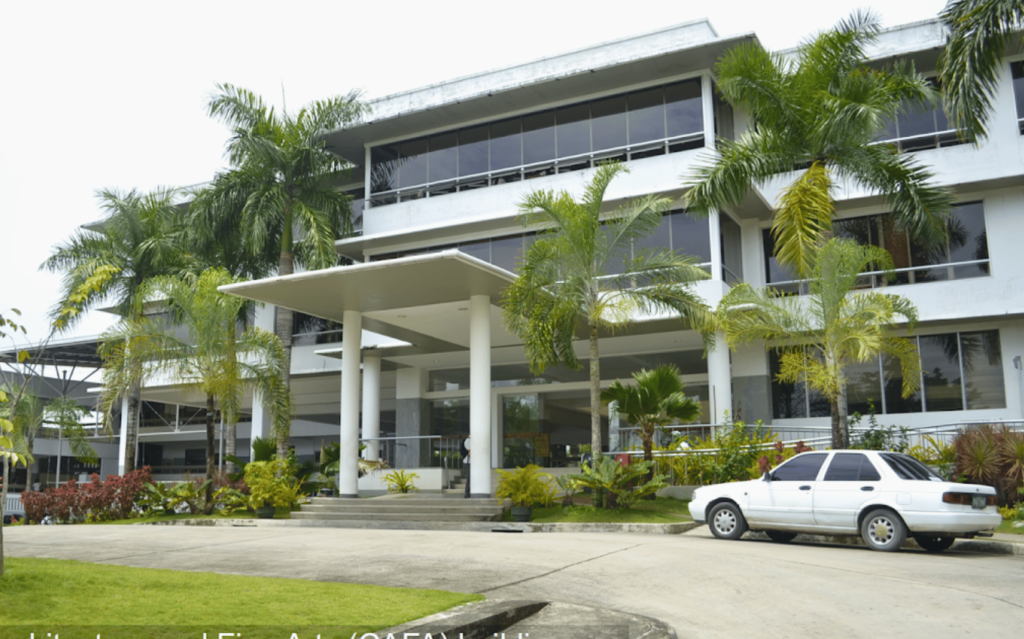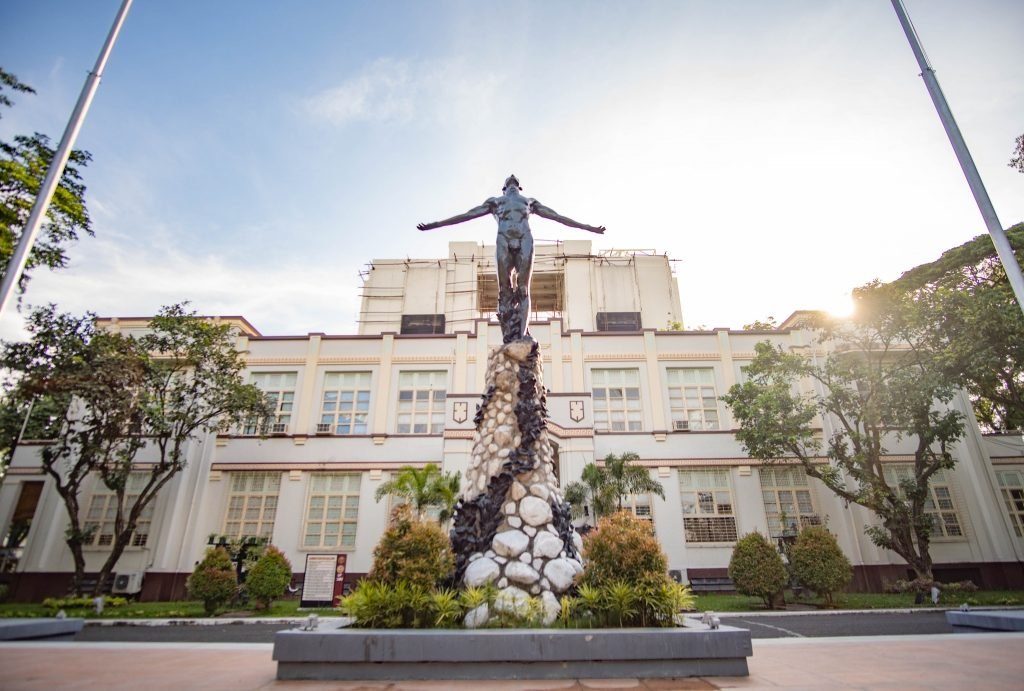The University of San Carlos (USC) in Cebu City stands as one of the Philippines’ most prestigious higher education institutions.
With a history dating back to the 17th century, it offers a diverse array of programs, from engineering and healthcare to business and the arts.
USC is known for its rigorous academic standards, vibrant campus life, and commitment to forming socially responsible citizens.




